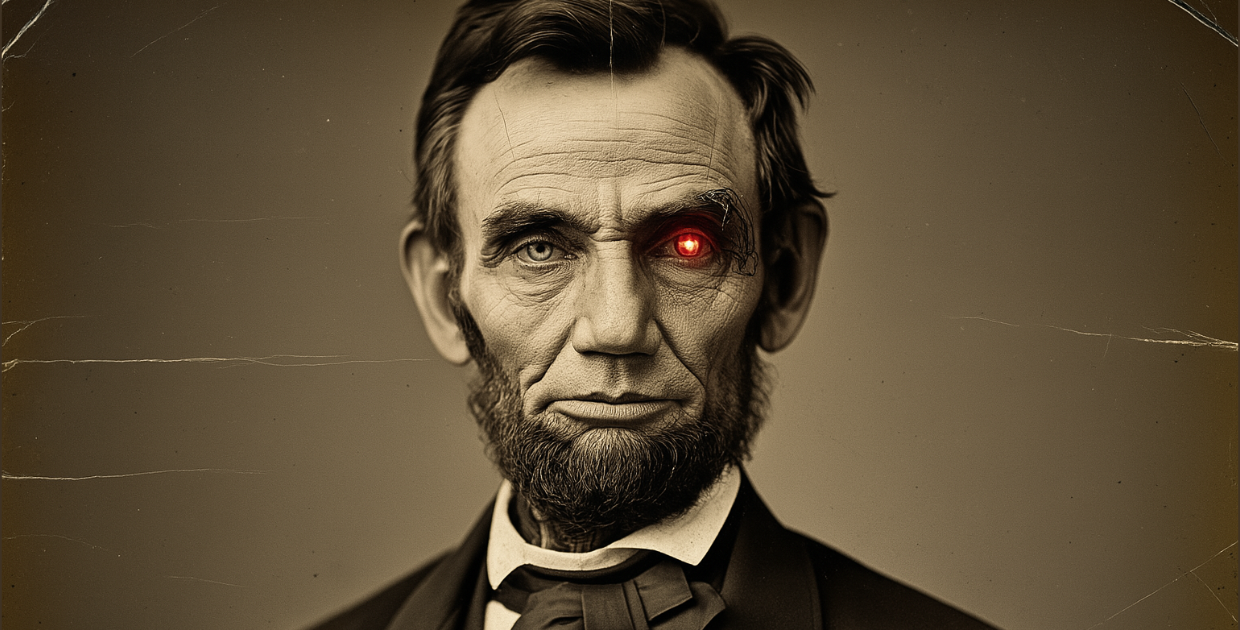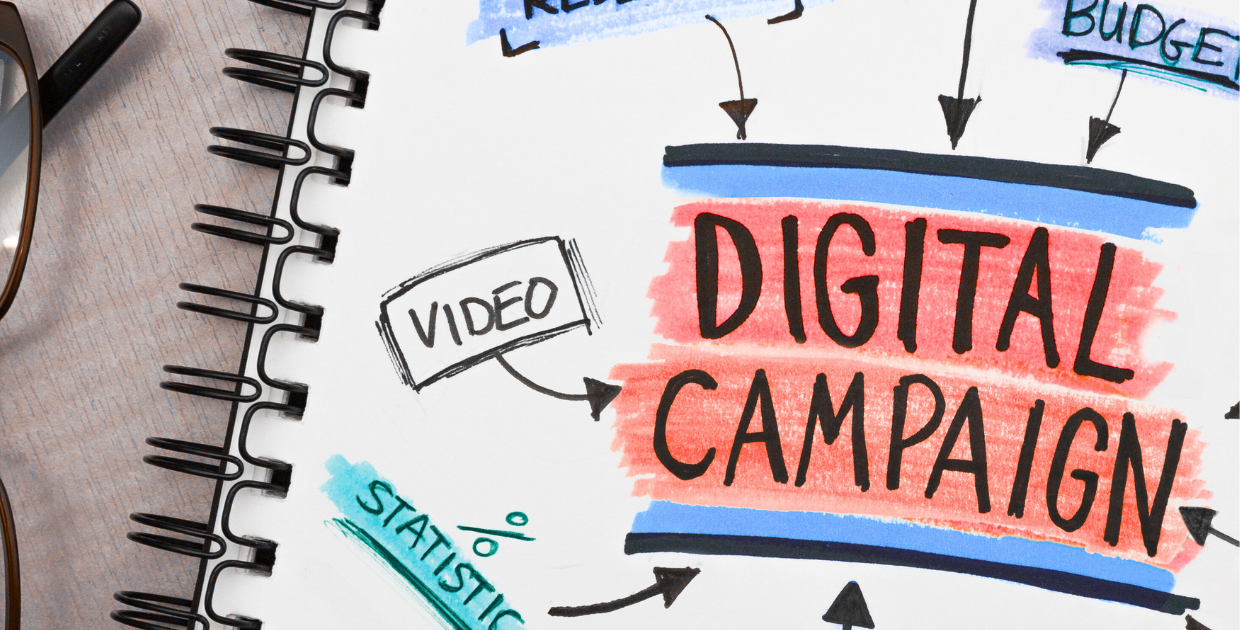Andy Yates is co-founder of Republican Ads, a self-service digital advertising platform built for GOP campaigns. He’s had a long background in running political efforts. In this conversation, we learn more about the political advertising space, his entrepreneurial journey, and what we can expect to see in the upcoming midterms.
Key Takeaways:
1. Digital Strategy is No Longer Optional—It’s Foundational
Andy Yates argues that digital should be baked into the campaign from day one, not tacked on later. It drives outreach, persuasion, fundraising, and mobilization.
2. Campaigns Need to Prioritize Content Velocity
He emphasizes the importance of rapid content production—especially video. In today’s environment, fresh, platform-native content wins attention.
3. Hyper-Targeting Only Works with the Right Message
Yates explains that targeting tools are powerful, but the content still needs to be persuasive and relevant. Good targeting can’t fix bad creative.
4. Test, Learn, Iterate
He encourages campaigns to adopt a mindset of continuous improvement. Every ad, email, and post is a chance to learn what works—and adjust accordingly.
5. Grassroots Messaging Can Work in Paid Media Too
Yates shares that ads mimicking grassroots language or featuring real supporters can outperform slick, high-production ads. Voters trust authenticity.
Watch on Youtube:
https://www.youtube.com/channel/UCdzsHPQ_uNfN8r5PILc3NhQ





